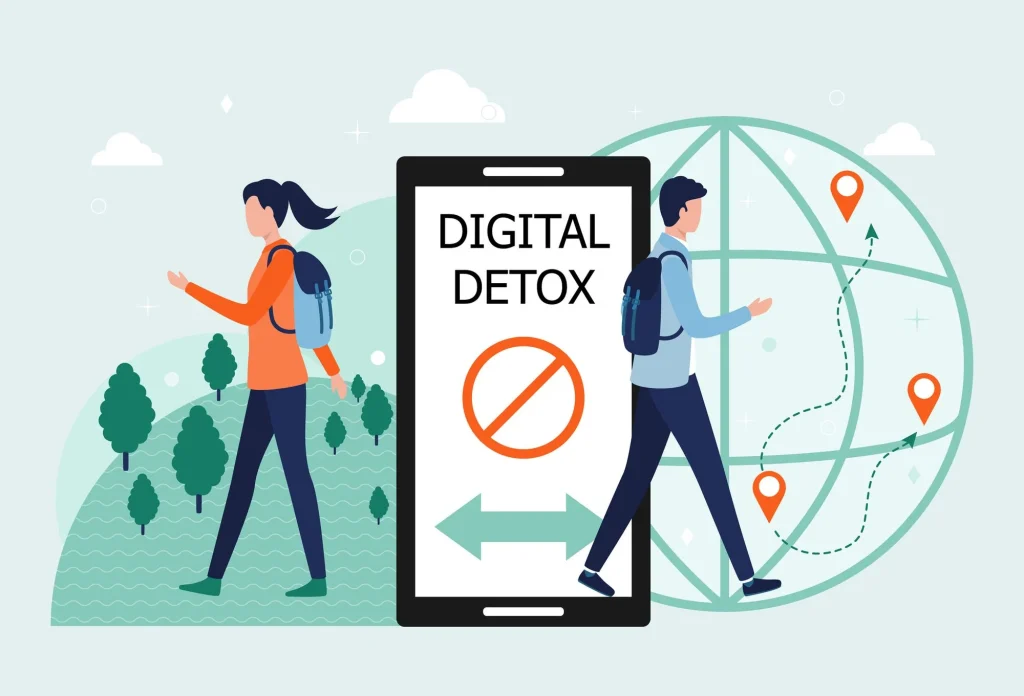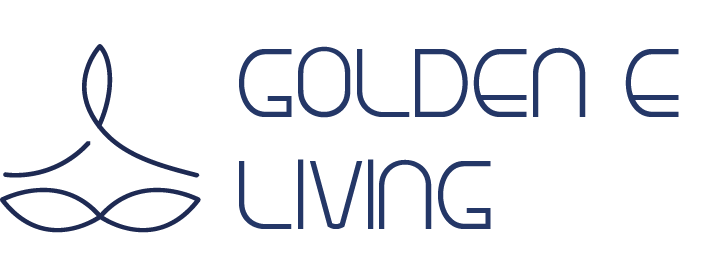
In our hyperconnected world, the average person spends over 7 hours daily interacting with digital devices. This constant connectivity comes at a cognitive cost – research from Stanford University reveals that heavy media multitaskers perform worse on memory and attention tests. Periodic digital detoxes can restore mental clarity and improve psychological wellbeing.
The Cognitive Costs of Constant Connectivity
Neuroscience studies show that:
- Frequent notifications fragment attention, reducing IQ by up to 15 points
- Blue light exposure suppresses melatonin, disrupting sleep cycles
- Social media use activates comparison circuits linked to depression
- Continuous partial attention depletes mental energy reserves
Benefits of Digital Detox
A 2023 study in Nature Human Behaviour found participants who completed a 7-day digital detox experienced:
- 23% improvement in focus and concentration
- 31% reduction in stress hormones
- 17% increase in creative problem-solving
- 42 minutes more quality sleep nightly
Practical Detox Strategies
You don’t need to abandon technology completely. Try these moderate approaches:
- 90-minute morning rule: Delay checking devices for first 90 minutes after waking
- Tech-free zones: Designate certain areas (bedroom, dining table) as device-free
- Single-tasking blocks: Schedule 25-minute focused work sessions with all notifications off
- Weekly digital sabbath: Choose one day weekly for minimal tech use
Start with small, manageable changes. Even reducing evening screen time by 30 minutes can significantly improve sleep quality and next-day cognitive performance according to sleep researchers at Harvard Medical School.



